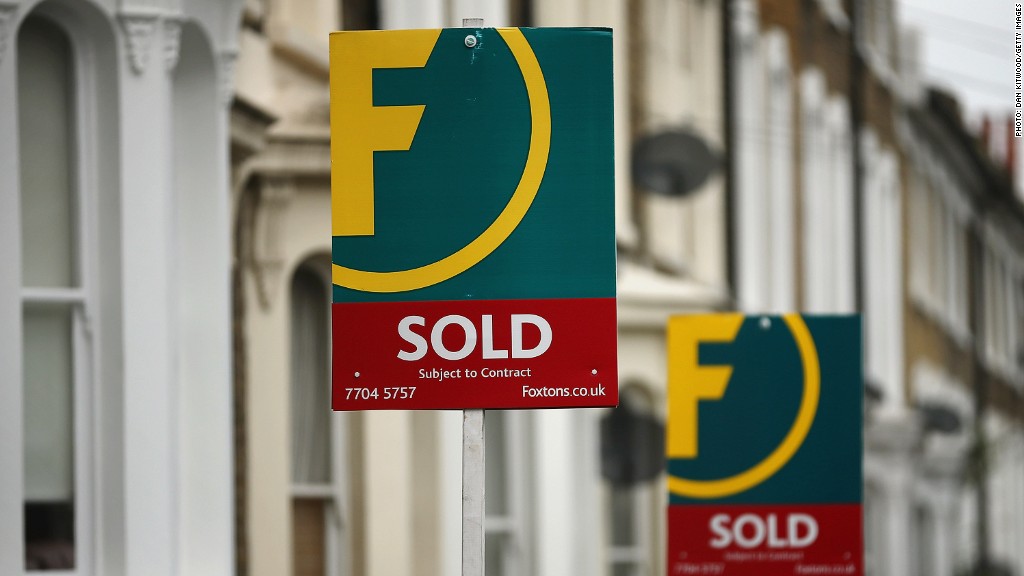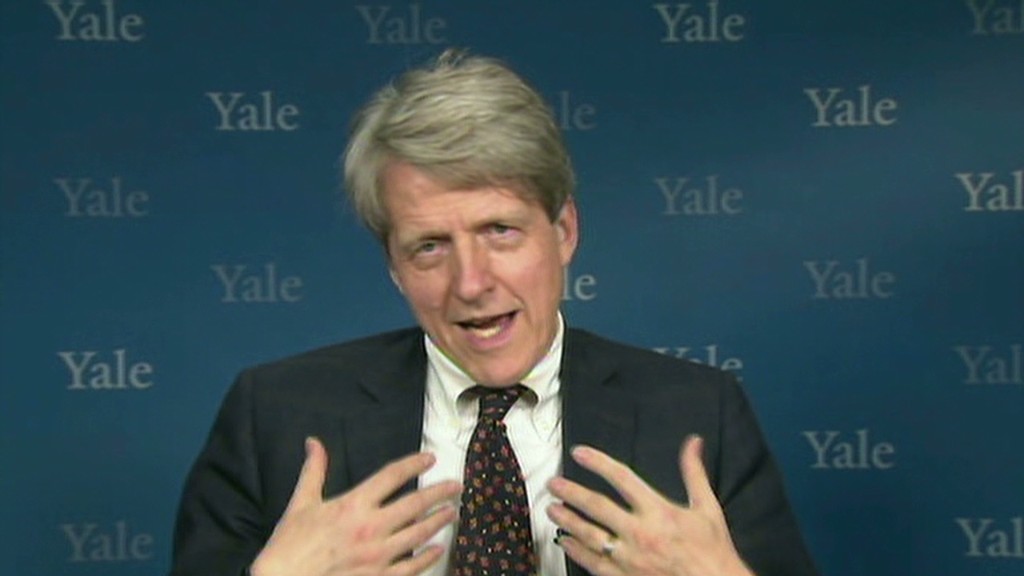
The U.K. is ending cheap bank funding for new mortgages in a bid to control the growing risk of a property bubble.
House prices have increased by about 7% in a year, and by much more in London, raising concerns that borrowers may have trouble making repayments when interest rates start to rise from their record low levels.
Bank of England Governor Mark Carney said house price increases were gaining momentum, and broadening out across the country, but that the risks were manageable.
It was important to act now to avoid more dramatic intervention later, and to allow the bank to keep supporting the broader recovery in the U.K. economy with its low-rate policy, he told reporters.
"Risks to financial stability may grow if there are further substantial and rapid increases in house prices and a further build-up of household indebtedness," he said.
Household mortgage debt stands at about 110% of annual disposable income, below the 2008 peak of 128% but well above the longer term average.
Related: Five housing bubbles to watch
The changes announced Thursday mean that from next year, U.K. banks will no longer be able to use the "Funding for Lending" program to access cheap credit for mortgages and personal loans. Lending to businesses will be unaffected.
The Bank of England is also giving itself the power to vary the affordability criteria that mortgage borrowers must meet. This is supposed to ensure banks don't take on excess risk and homeowners are better able to service their debts if circumstances change.

But some analysts say the measures don't go far enough, particularly as a separate program of subsidized mortgages for borrowers with small deposits -- known as "Help to Buy" -- is unaffected.
Since April, such borrowers have been able to access interest-free loans for five years on newly-built homes. The program will be extended to help buyers purchase existing properties worth up to £600,000.
Related: Surging U.K. economy surprises central bank
Both programs were launched with the aim of stimulating lending in the wake of the financial crisis to support the economic recovery and job creation. But just months after the U.K. was teetering on the brink of a triple-dip recession, a surge in consumer spending and rising house prices have led to a dramatic turnaround.
The strength of the comeback took the Bank of England by surprise, and earlier this month it upgraded its forecasts for growth and signaled that interest rates could rise much sooner than it was forecasting earlier in the year.
The pound has rallied 10% since July to trade near a 12-month high of $1.63.


